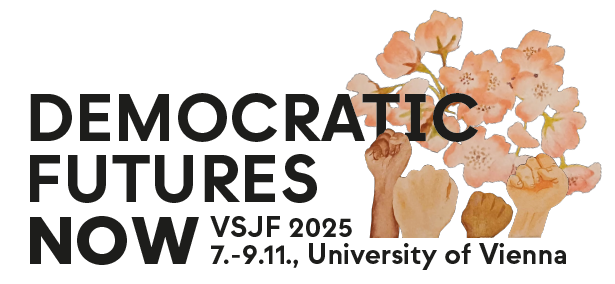Abstract
Right-Wing Historical Memory and Mass Media in Post-Authoritarian South Korea: Where did “Rational Conservativism” Fail, and Why?
Yoon Seok-yeol’s martial law declaration on 3 December 2024 shocked political observers around the globe. For a few hours, the military taking over the National Assembly in one of Asia’s most advanced democracies appeared a real possibility. Due to the courageous actions of citizens and lawmakers alike, a potential coup d’état was avoided, Yoon eventually impeached and facing trial for insurrection. The developments since December 2024, such as far-right groups physically attacking court facilities and right-wing protestors adopting the MAGA slogan “Stop the Seal!” to denigrate the legitimacy of South Korean elections, have laid bare a fierce domestic socio-political polarization.
This state of affairs did not appear suddenly. It has gradually evolved over the last four decades since democratization in 1988. As rooted in the former autocratic ruling elite, conservatives have spent their efforts at fending off progressive/liberal challenges to reform South Korean politics. Conservatives attempted to overcome their past, opening a path for a “third way,” a Korean “rational conservativism.” Yet, as we know in hindsight, these efforts failed. Rather, right-wing intellectuals have repeatedly evoked a sense of crisis since 1988. Historical memory, in particular the question of how to evaluate Korea’s colonial and Cold War past has been central to these attempts at fending of progressive challenges.
This presentation focus on the evolution of right-wing discourse in post-authoritarian South Korea. After elaborating on the definition of “right-wing” / “conservative” in a South Korean context, I first outline key crisis moments for the right. This is followed by an analysis of how attempts at constituting a “rational conservativism” in post-Cold War South Korea failed, and instead resulted in the rise of a far-right, Cold War liberalist historical denialism that eventually led to the martial law crisis of 2024–25.







